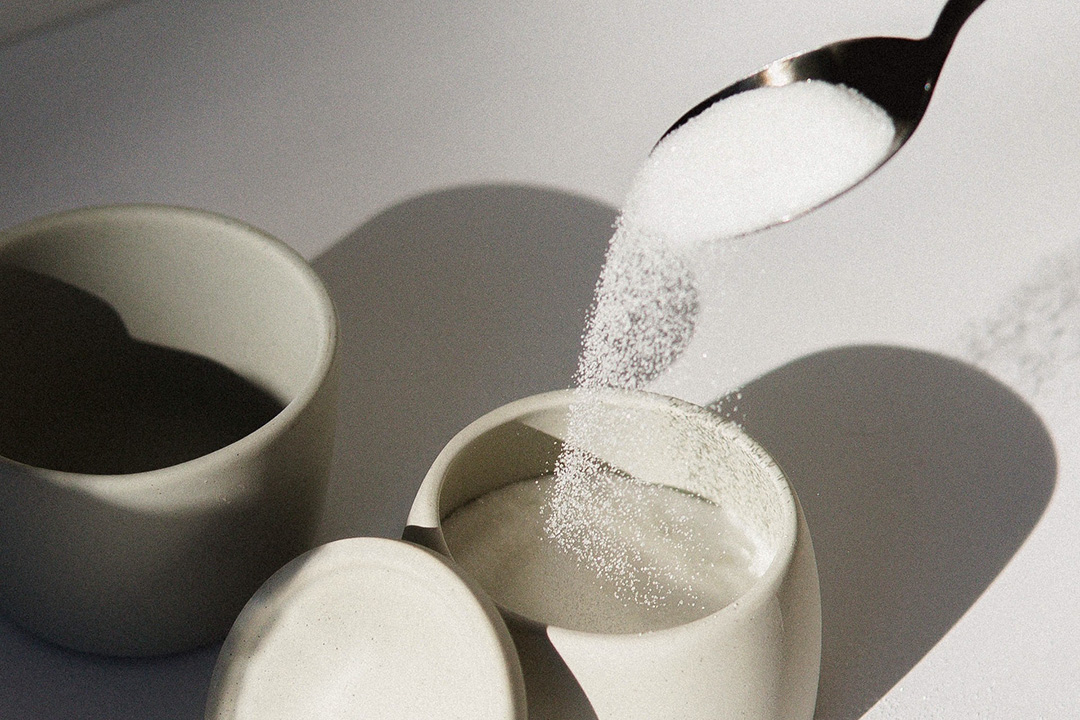The recent announcement by the South African government to increase sugar tax has got many industry experts and farmers questioning the future of the sugar cane sector. This tax hike will affect farmworkers, growers, millers and the entire value chain. However, there are ways to establish long-term growth in the sugar industry.
The country’s annual sugar production stands at around 2.1-million tonnes; the bulk of which is grown in KwaZulu-Natal. Custom Bulk Bags is a leading manufacturer and supplier of bulk bags to various sugar companies and our head office is also located in KwaZulu-Natal. We produce a range of products that vary in size, load capacity and specifications.
Bulk bags are a critical packaging product for the sugar industry as they are affordable, lightweight and extremely durable. Farmers and millers can store up to two tonnes of cane, bagasse, molasses and sugar in bulk bags – making it easier to transport and move these materials between farms, sugar mills and packaging facilities.
Our bulk bags have a minimum 5:1 safety factor, which means that they can safely hold at least five times their intended load without breaking. However, this is not recommended for safety reasons. This safety factor rating, along with our ISO 9001 certification and UN-certified bag designs, are signs of our commitment to quality and value.
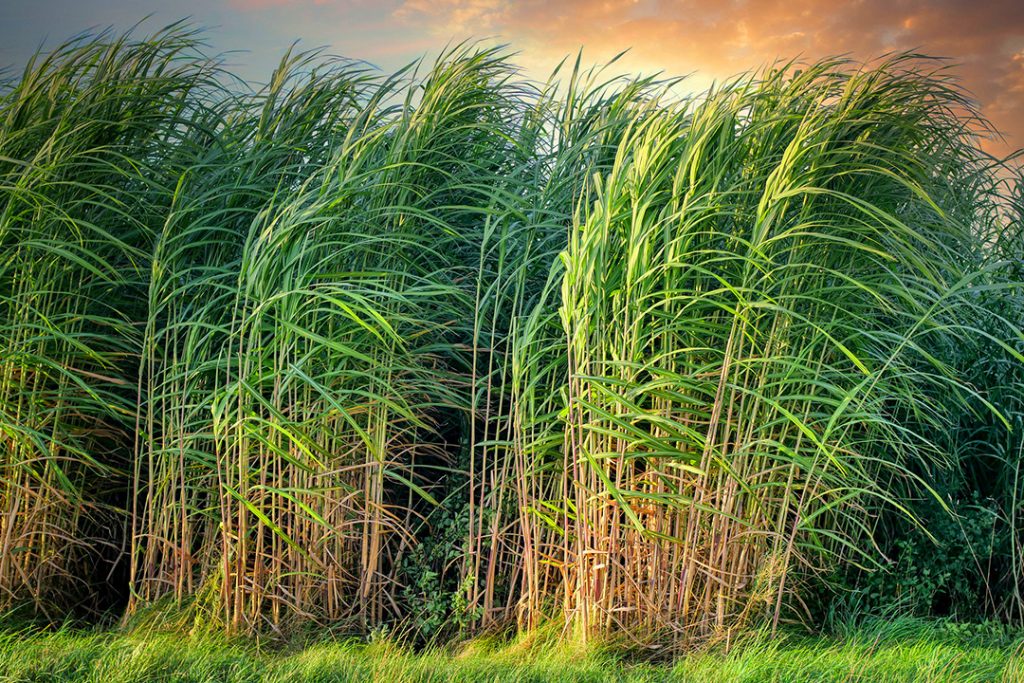
Recent downturn in the sugar industry
Around the world, health concerns have led governments to impose taxes on sugary products. South Africa has been forced to increase its exports to the global market as a result. However, sugar prices overseas are often lower than the cost of production in South Africa, so the entire sector has had to absorb some of these losses. This situation is driven by three main factors:
1. Distorted global prices – The sales of surplus sugar from various markets have resulted in a drop in price, which is currently below South Africa’s cost of production. Surplus production and prices are influenced by export incentives and subsidy programmes overseas.
2. Eswatini’s competitive advantage – In September 2017, Eswatini lost its preferential EU export quotas. In turn, the tax-free access to the South African market and the lower costs of production in Eswatini have enabled them to lower their price of sugar and take a larger share of the market. The country currently exports around 331 000 tonnes of sugar to South Africa per year.
3. The sugar tax hike – In April 2018, the South African government introduced the Health Promotion Levy, commonly referred to as sugar tax. In that year, the beverage industry dropped 250 000 tonnes of sugar purchases in order to comply with the new regulations. Many farmworkers, farmers and sugar millers lost their jobs as a result.
These challenges are also faced by many other countries – they are not unique to South Africa. Many countries are exporting sugar at a loss because producers can earn more money in their own countries than on the global market.
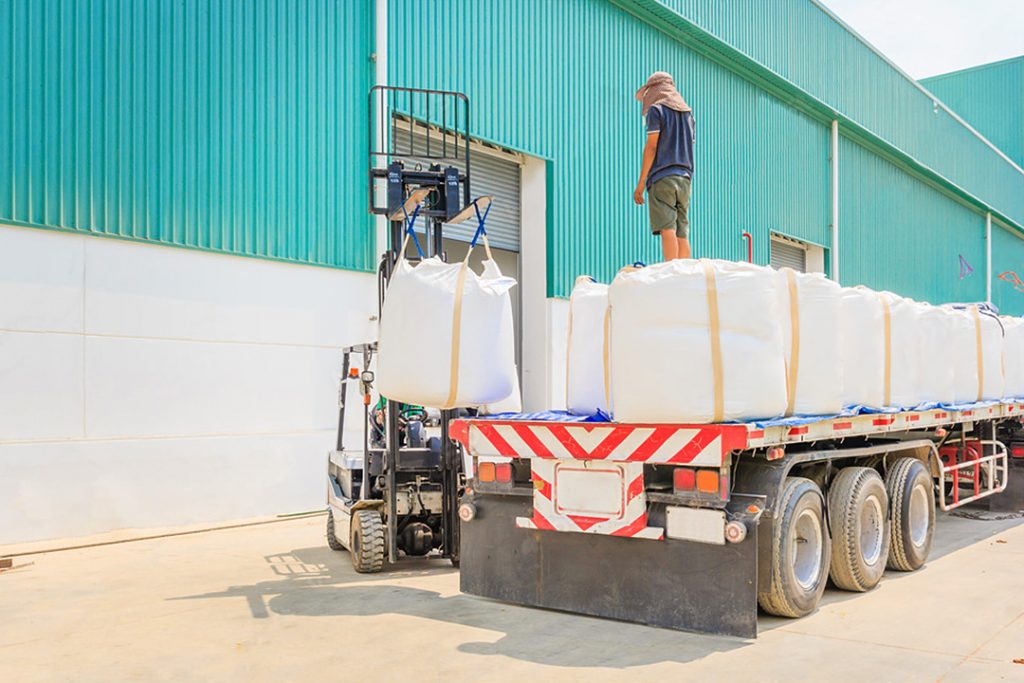
Rebuilding the South African sugar industry
The new sugar season has just begun in South Africa. The industry currently provides 65 000 direct jobs and an estimated 270 000 indirect employment opportunities. The annual turnover is currently around R18-billion, which equates to about 6% of the country’s agricultural output.
“Sugar cane is the largest contributor to the agricultural GDP in KwaZulu-Natal and the second-largest in Mpumalanga,” says South African Sugar Association (SASA) national market executive Sifiso Mhlaba. This means that many towns in these provinces are reliant on the sugar industry.
“There might be those who believe that deregulation will lead to the sugar price coming down, but that’s nonsense. Jobs will be lost if the sugar cane industry is deregulated. It will have a massive socio-economic impact,” explains SASA executive director Trix Trikam. The South African government also agrees that deregulation will be disastrous for the industry.
Instead, the Sugarcane Value Chain Master Plan should be used as a guideline to rebuilding the sector and ensuring long-term growth. The industry needs to manage decline and restructure or diversify in order to grow – the last option is preferred by all parties involved. “The industry has formed public and private partnerships in order to restructure itself and find alternative usages for sugar,” states Trikam.
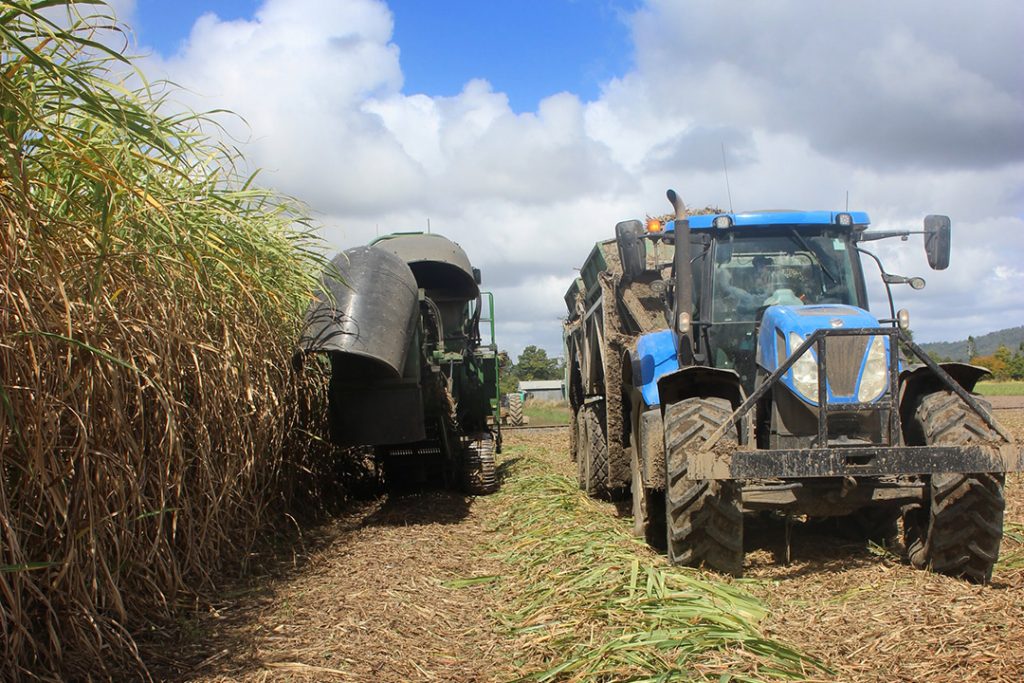
Sugarcane Value Chain Master Plan already in effect
The government and private sector have committed themselves to locally-produced sugar over imported products. The Master Plan has already been implemented and the 2020/21 production year was the first full season under the new guidelines. “Although there’s a bit of debate around the impact of Covid-19, we can already see that local sugar sales have grown,” says Mhlaba.
“Between 2019 and 2021, there was a 40% increase in local sales on a retail level and direct sales to the public were up by 32%,” he adds. SASA has also seen recent growth in the industrial sector, especially for products such as soft drinks. In addition, the government has promised that it will keep the sugar tax constant for the next three years. It is currently fixed at 2.1 cents per gram of sugar content that exceeds 4g per 100mℓ.
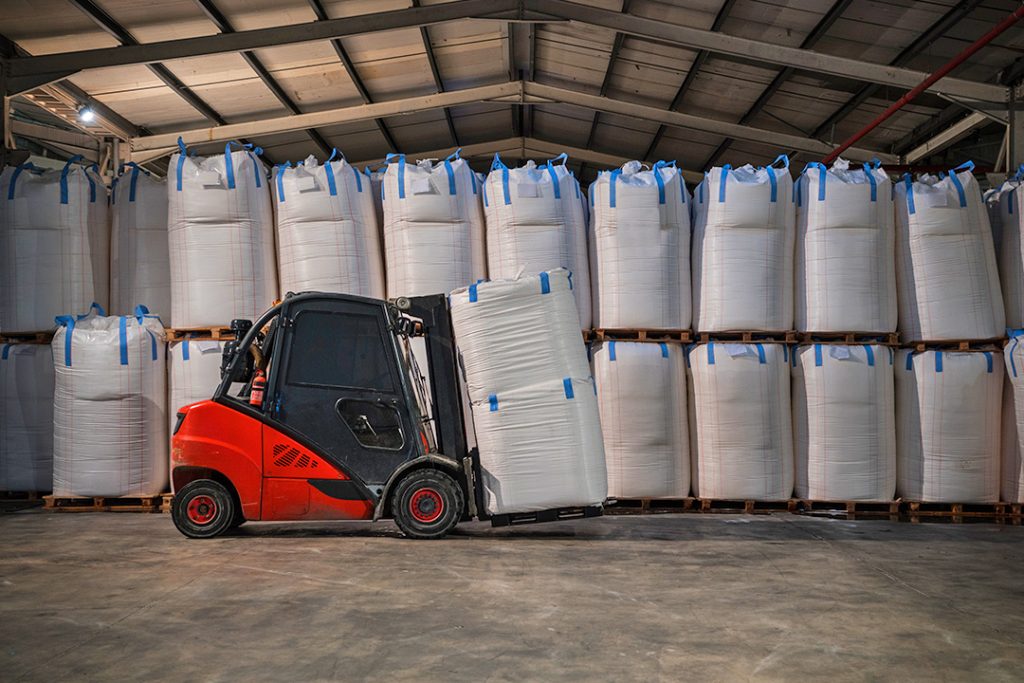
Other uses for sugar
Fortunately, the sugar industry has other options for end markets. These have been identified by the Industrial Development Corporation (IDC) and include bioethanol, bio-jet fuel, biomass electricity, biogas, low-kilojoule sweeteners and biopolymers. All of these sectors are viable end markets for sugarcane and its byproducts.
Targeting these sectors and adhering to the guidelines set out in the Master Plan will encourage long-term growth for South Africa’s sugar industry. Farmers, millers and producers can also reduce costs by opting for affordable packaging products, such as bulk bags, for storing and transporting sugar and its byproducts.
Our expert team is always on-hand to consult with industry roleplayers and to ensure that you get high-quality bulk bags at affordable prices. We can offer advice on optional extras and dimensions that will match your requirements. For more information about our bulk bags, please contact us today.
___
Custom Bulk Bags is a leading South African manufacturer of woven polypropylene bags for various industries, such as mining, chemicals and food. We are able to produce over 3.5-million bulk bags per year, keeping our customers in-stock at all times. Our bags adhere to the highest levels of quality as a result of our stringent in-house testing and quality control programmes.
Custom Bulk Bags holds ISO 9001 certification and we currently have a number of UN-certified designs. We are a Level 3 B-BBEE manufacturer and supplier and fall under the ownership structure of Deneb Investments Limited. For more information on our products, contact sales@custombulkbags.co.za. Follow us on Facebook for our latest news and industry insights.

